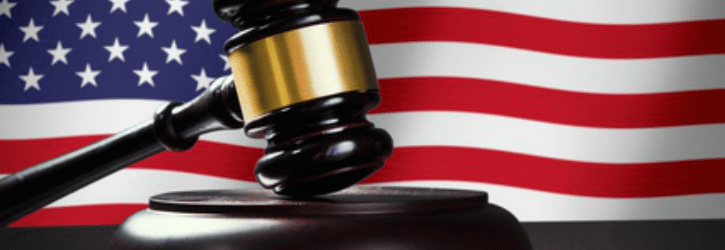
Sign-up to a data breach claim today - use our quick and easy form to begin your claim for thousands of pounds in compensation.
The Supreme Court justices were engaged in a lively debate over whether the government and law enforcement should be able to access huge amounts of digital data without a warrant. A majority of those involved in the debate appeared to agree that it would be very concerning and goes against data protection rules.
The U.S. Fourth amendment was mentioned a few times, citing an individual’s right to be protected from, “unreasonable searches and seizures by the government”. However, the key element here is whether a search is reasonable or unreasonable.
Law enforcement agencies and the government are afforded a lot of powers that may arguably infringe our human rights. But in the name of the law and justice, they’re allowed to search our houses and our possessions to look for incriminating evidence. In certain circumstances, they can make these searches without a warrant.
These reasons include:
If you take the above as a benchmark, there’s an argument to say that digital data should only be shared with government forces without a warrant in similar sorts of scenarios. But what about mass surveillance of the population through their mobile devices as they walk around cities, go to work or relax at home?
Justice Sonia Sotomayor appeared to take the public’s view on the matter:
“Most American’s, I still think, want to avoid Big Brother. They want to avoid the concept that government will be able to see and locate you anywhere you are, at any point in time.”
The New York Times reported the argument got heated and overran by almost half the usual time. It also noted that, by the end, five of the judges seemed to lean towards limiting the government’s power to, “obtain records from cell phone companies showing their customers’ locations over long periods of time.”
The argument stems from a case concerning one Timothy Ivory Carpenter. He was accused of participating in a series of robberies. As evidence, his mobile phone network provider furnished the court with Carpenter’s whereabouts, and this information was used to convict him. Carpenter’s lawyers said that this violated the Fourth amendment for making unreasonable searches without a warrant.
So far, the Supreme Court has shown an unwillingness for the government to be given unfettered access to massive amounts of digital data. In 2012, it limited the law enforcement to use GPS devices to track a suspects movements, and two years later, they didn’t allow officers to search the mobile phones belonging to people under arrest without a warrant.
EasyJet admits data of nine million hacked
British Airways data breach: How to claim up to £6,000 compensation
Are you owed £5,000 for the Virgin Media data breach?
Virgin Media faces £4.5 BILLION in compensation payouts
BA customers given final deadline to claim compensation for data breach
Shoppers slam Morrisons after loyalty points stolen
Half a million customers can sue BA over huge data breach
Lawyers accuse BA of 'swerving responsibility' for data breach
The biggest data breaches of 2020
Fill out our quick call back form below and we'll contact you when you're ready to talk to us.